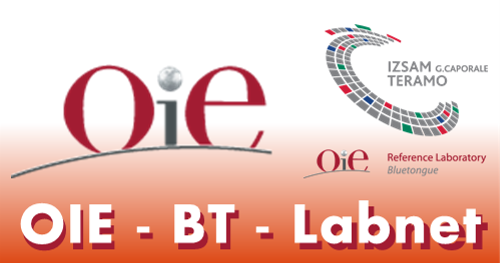Forums:
Highlighting EnviROnmental features in epIdemic areas of Crohn’s disease (HEROIC) – Spatial ecological study
This postdoctoral position is available at :
Université de Lille - Faculté de pharmacie de Lille, EA4483 – Lab. des sciences végétales et fongiques (LSVF) 3 rue du Pr. Laguesse 59000 Lille N° de téléphone : + (33)3 20 96 43 69 Scientific coordinator: Pr. Annabelle Deram
The position is open within the frame of one research program: HEROIC dealing with Crohn’s Disease.
Crohn’s Disease (CD) is a chronic inflammatory bowel disease with unknown cause which concern 3 billion persons in the world. Although more than 160 genes have been associated, they only explain a part of the incidence. Significant variations of CD’s frequency are observed, suggesting the role of environmental risk factors. Literature points limited epidemiological data that requires further studies. Using the world’s largest population-based study on CD incidence (EPIMAD Registry ≈ 15000 records since 1990), we highlighted a spatial heterogeneity with epidemic areas and low incidence areas.
The HEROIC Project
The main objective of the HEROIC project is the identification of environmental risk factors using geospatial analyzes carried out from the EPIMAD Registry data. This identification will involve a transversal and multidisciplinary approach, including a geographical ecological study.
The candidate will focus on the geographical ecological study and will aim to identify environmental risk factors related to the quality of the environmental compartments involved in the development of CD.
More precisely, this general objective is divided into two ambitions which are: - to clarify the role of environmental quality in the occurrence of the first outbreak of Crohn's disease; - to evaluate the role of environmental quality in the natural history of the disease, that is to say, to diagnose the evolution of the patients and the disease according to the quality of the environment.
To do so, a unique database will be created to characterize the living environment of the population on a cantonal scale throughout the territory of the registry, including a focus on detected clusters of
over-incidence and under-incidence. This database will include spatialized indicators of exposure of the population to long-term air, water and soil pollution, as well as indicators of proximity to sources of pollution. The creation of composite indexes will make it possible to approach the integrated dimension of pollution (cocktail of pollutants).
Multivariate ecological regressions will finally be performed to identify the ecological factors correlated with the incidence of CD.
Keywords Crohn disease Ecological study Environmental exposure Spatial statistics Composite indexes
Skills Environmental exposure with GIS (ex: proximity, LUR, interpolation) Cindynic Spatial epidemiology (ex: BYM model, GWR) Data sciences
Contacts and information:
Pr. Annabelle DERAM annabelle.deram@univ-lille.fr
Dr. Florent OCCELLI florent.occelli@univ-lille.fr
The LSVF is seeking new talented Post-doctoral Fellows Outstanding candidates, holding a PhD degree or equivalent, of any nationality, are expected to develop multidisciplinary research for a 15-monthes (Oct 2018 – Dec 2019), addressing fundamental questions fields, in an inspiring and collaborative environment.
Closing date for submission of applications: 31 August 2018 . Results: September 15, 2018. The candidate will take up his post on October 1, 2018. A final report will be requested by December 15, 2019
Documents required The pieces must be in PDF format in one file (Surname_FirstName.pdf). The file includes: --- A curriculum vitae with list of publications --- The doctoral degree --- The defense report (when available)
Information on the level of remuneration: between 2800 and 3800 €. It must cover all needs - no additional help is provided





